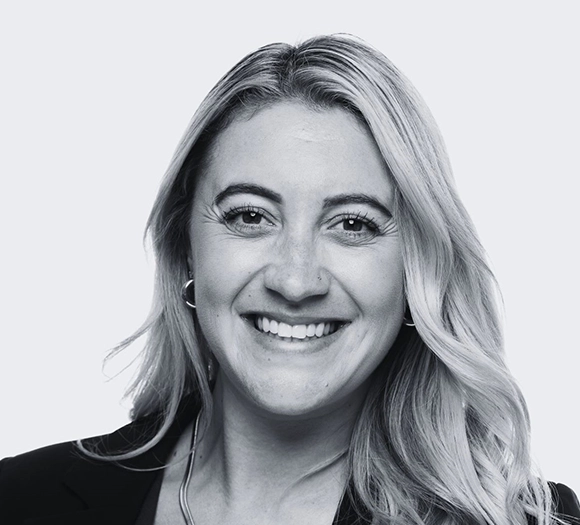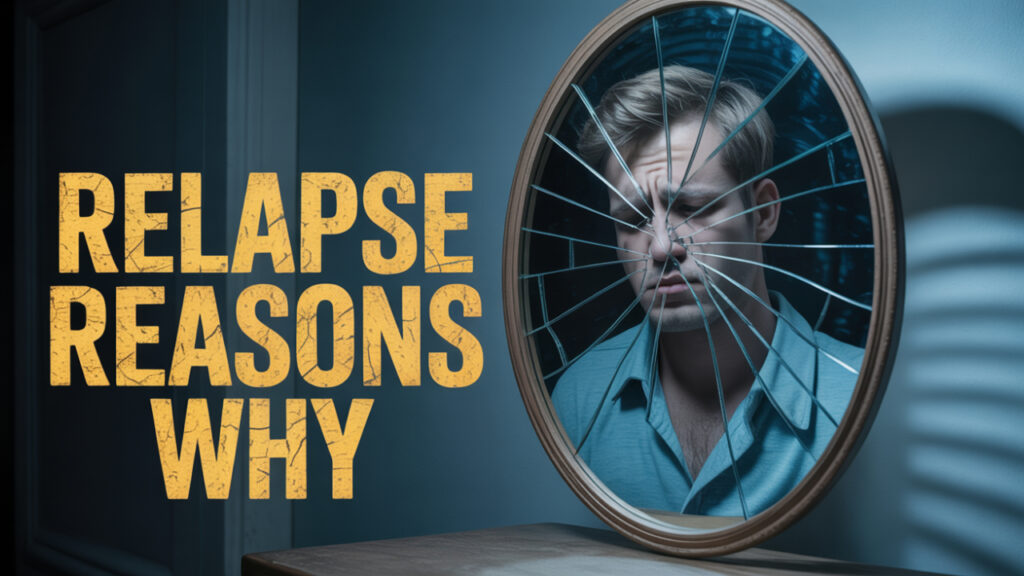
Why Do I Keep Relapsing?
Relapse is a common challenge for people working to overcome addiction. It can be frustrating, discouraging, and confusing. Many people ask themselves, “Why do I keep relapsing?” Understanding the reasons behind relapse is the first step toward breaking the cycle and building lasting recovery. At Beginnings Treatment in Orange County, we believe that relapse is not a sign of failure—it is a sign that more support, strategies, and treatment may be needed.
Understanding Relapse
Relapse is the return to drug or alcohol use after a period of sobriety. It can happen during early recovery or years into sobriety. While it may feel like a sudden event, relapse often begins with emotional and mental changes long before the first drink or drug use.
Relapse is common in addiction recovery because substance use disorders affect brain function, behavior, and emotional regulation. Just like chronic medical conditions such as diabetes or hypertension, addiction often requires long-term treatment, lifestyle changes, and consistent care.
Why Relapse Happens
There is no single cause of relapse. Instead, it is usually the result of multiple factors that build over time. Understanding these factors can help you create a stronger relapse prevention plan.
1. Unmanaged Triggers
Triggers are people, places, emotions, or situations that spark the urge to use drugs or alcohol. These may include:
Spending time with friends who still use
Visiting old hangouts linked to substance use
Stress from work, school, or relationships
Negative emotions like loneliness, boredom, or frustration
If triggers are not identified and managed, they can make it easier to fall back into old habits.
2. Poor Stress Management
Many people turn to substances as a way to cope with stress. Without healthy coping skills, stress can feel overwhelming and lead to relapse. Effective stress management often requires therapy, self-care routines, and support from others.
3. Lack of Support
Recovery is much harder without a strong support network. Isolation can increase the risk of relapse because it allows negative thinking patterns to take hold. Support groups, therapy, and sober friendships can make a significant difference.
4. Unresolved Mental Health Issues
Many people who struggle with addiction also have conditions like depression, anxiety, PTSD, or bipolar disorder. If these conditions are not addressed through dual diagnosis treatment, the symptoms can drive a return to substance use as a form of self-medication.
5. Overconfidence in Recovery
After a period of sobriety, some people feel confident that they can handle exposure to triggers or even controlled use. This can lead to risky situations and eventual relapse. Recovery often requires ongoing boundaries and a continued commitment to sobriety.
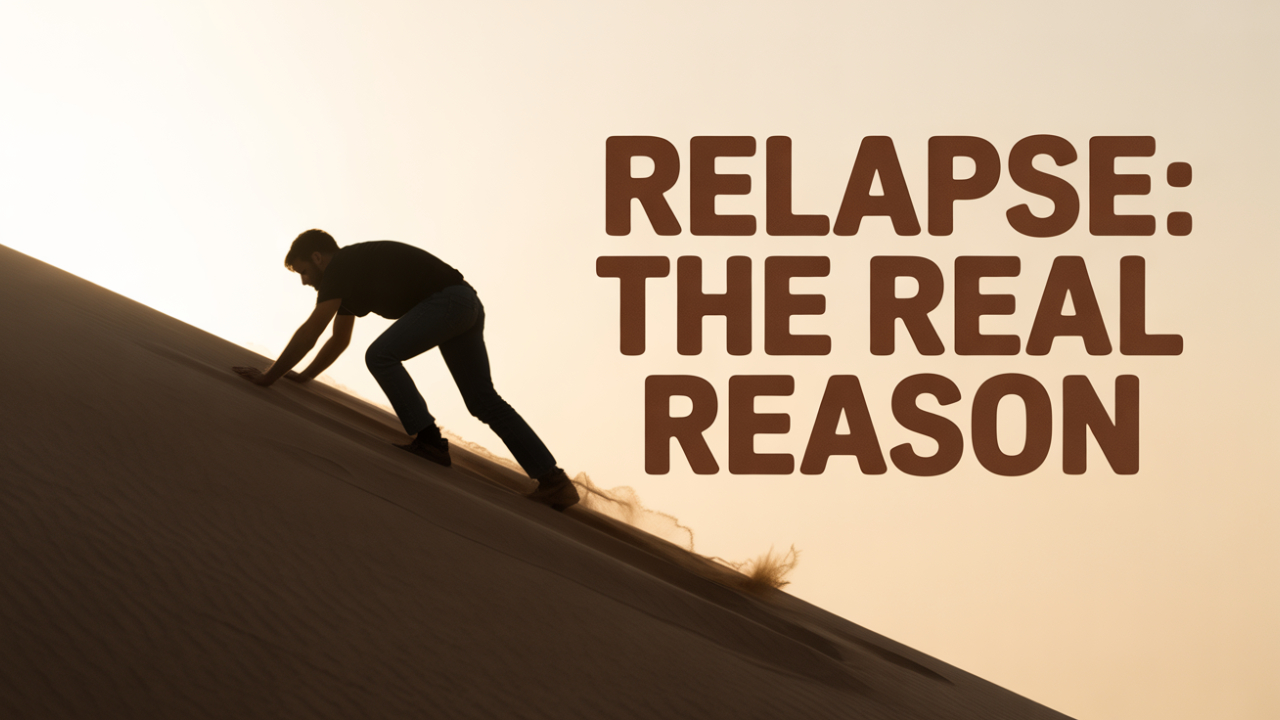
The Relapse Cycle
Relapse is often a gradual process that happens in three stages:
1. Emotional Relapse
You may not be thinking about using yet, but your emotions and behaviors are setting the stage. Signs include:
Isolating from friends and support groups
Poor self-care
Bottling up emotions
Skipping therapy or meetings
2. Mental Relapse
During this stage, you begin thinking about using again. Internal conflict grows—you want to stay sober, but part of you wants to use. Signs include:
Craving substances
Glamorizing past use
Thinking about people or places linked to using
Planning ways to relapse without others knowing
3. Physical Relapse
This is the act of returning to substance use. Even a single use can lead to a return to regular use, especially with highly addictive substances.
Breaking the Relapse Pattern
If you have relapsed, you are not alone. Many people relapse multiple times before achieving long-term sobriety. What matters most is learning from the experience and taking steps to prevent it from happening again.
1. Recognize Warning Signs Early
Keeping a journal, attending therapy, and checking in with a sponsor or recovery coach can help you notice when you’re slipping into emotional or mental relapse.
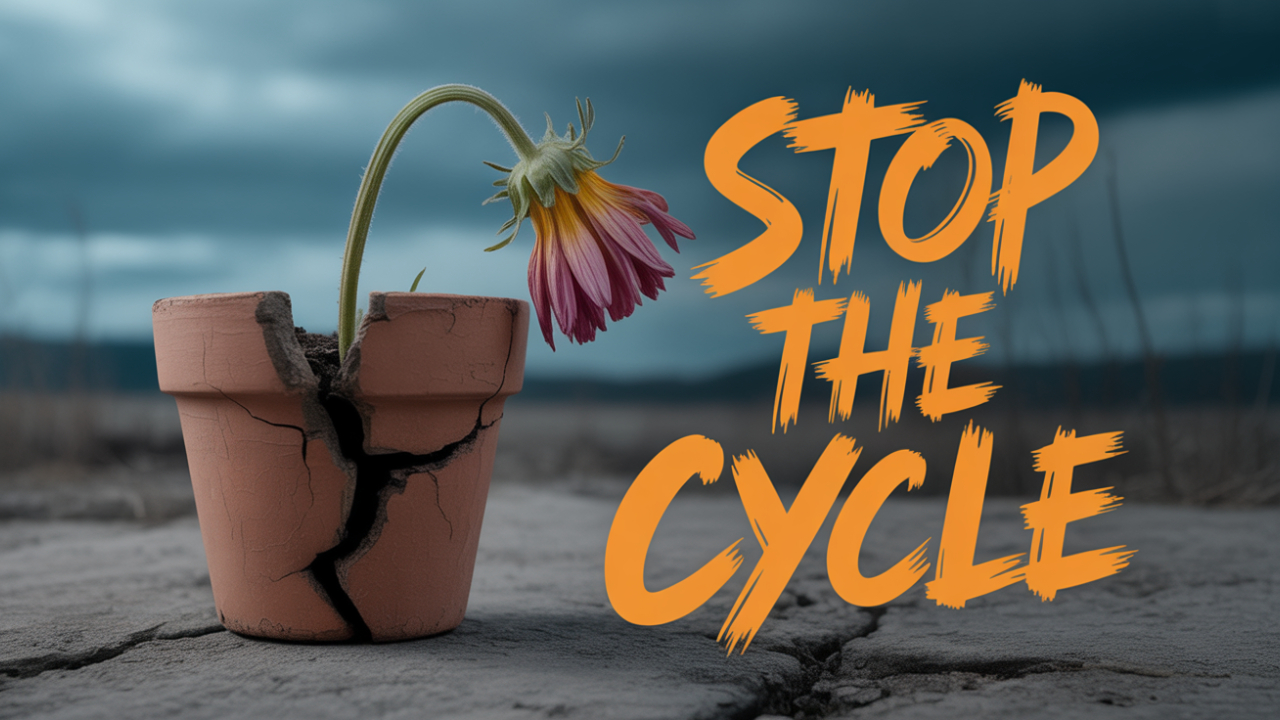
2. Create a Relapse Prevention Plan
A relapse prevention plan includes:
A list of personal triggers
Healthy coping strategies
Emergency contacts
Steps to take when cravings occur
3. Prioritize Mental Health
If you have depression, anxiety, or another mental health condition, make sure you are receiving treatment. Medication, therapy, or a combination of both can reduce relapse risk.
4. Stay Connected
Attend support group meetings regularly, even when you feel strong in recovery. Staying connected to others who understand can help you maintain perspective and motivation.
5. Practice Healthy Coping Skills
Exercise, mindfulness meditation, creative hobbies, and healthy eating can help reduce stress and improve your mood.
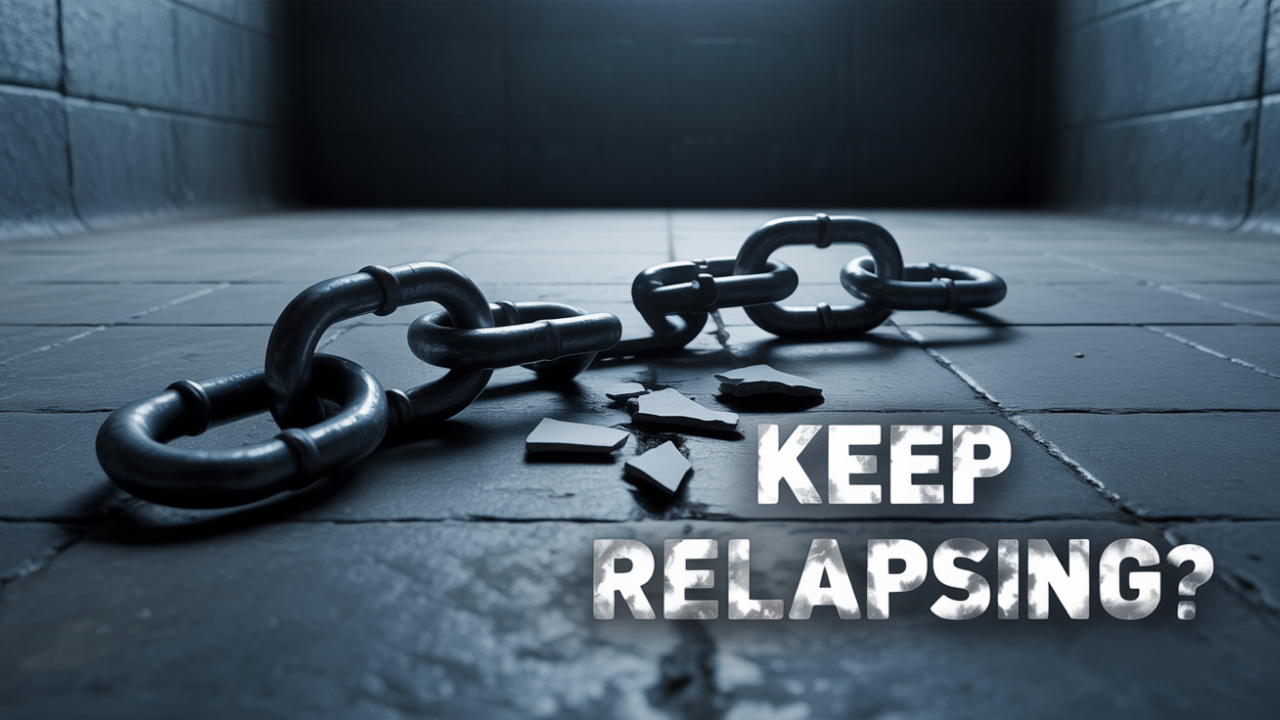
How Beginnings Treatment Can Help
At Beginnings Treatment, we provide comprehensive drug and alcohol rehab in Orange County for people who have experienced relapse. Our programs focus on identifying the underlying causes of addiction and providing the tools needed for long-term recovery. We offer:
Detox Programs to help you safely and comfortably stop using substances.
Residential Treatment for a structured, supportive environment.
Partial Hospitalization and Intensive Outpatient Programs for continued care while living at home.
Dual Diagnosis Treatment to address both addiction and mental health disorders.
Aftercare Planning to help you transition from treatment to independent living.
We understand that relapse can feel discouraging, but it is also an opportunity to strengthen your recovery foundation. Many of our clients come to us after multiple attempts at sobriety, and we have seen countless success stories.
Turning Relapse Into Recovery Growth
If you’ve relapsed, it’s important not to view it as the end of your recovery journey. Instead, see it as a signal to reassess and adjust your approach. Ask yourself:
What triggered this relapse?
Was I neglecting self-care or skipping meetings?
Do I need to adjust my treatment plan?
By answering these questions honestly, you can turn relapse into a learning experience that strengthens your commitment to recovery.
Final Thoughts
Relapse does not mean you have failed. It means you need more support, better strategies, and continued treatment. At Beginnings Treatment, we are here to help you break the cycle and build a life of lasting sobriety. If you are asking, “Why do I keep relapsing?” the answer often lies in unaddressed triggers, stress, mental health concerns, or a lack of support. The good news is that all of these challenges can be addressed with the right help.
If you or a loved one is struggling with relapse, contact Beginnings Treatment today. Our compassionate team will help you create a personalized plan to regain control and move forward in your recovery.
Frequently Asked Questions About Relapse
1. Is relapse a normal part of recovery?
Yes. Relapse is common in addiction recovery and does not mean treatment has failed. Addiction is a chronic condition that often requires ongoing support and adjustments to your treatment plan. Many people experience relapse before achieving long-term sobriety.
2. What should I do immediately after a relapse?
The first step is to seek help right away. Contact a sponsor, therapist, or treatment center to discuss what happened and how to get back on track. Avoid isolating yourself, and return to healthy recovery routines such as support group meetings or therapy sessions.
3. How can I prevent relapse in the future?
Prevention starts with recognizing personal triggers, managing stress, and staying connected to a support network. Creating a relapse prevention plan, maintaining healthy habits, and addressing any underlying mental health conditions can significantly reduce your risk.
4. Does relapse mean I have to start treatment over?
Not always. In some cases, you may only need adjustments to your current plan, such as more therapy sessions or a higher level of care. However, if the relapse is severe or prolonged, restarting a structured treatment program may be the most effective option.

